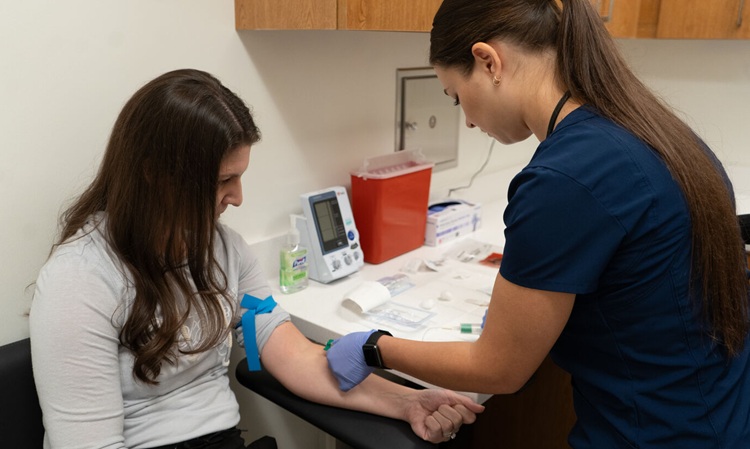First Of Its Kind Blood Test Accurately Predicts Preterm Birth Risk
Posted on 17 Jan 2025
Preterm birth is one of the leading causes of childhood mortality worldwide. The World Health Organization reports that over 15 million babies are born prematurely each year, with more than a million of them not surviving. Approximately 70% of preterm births occur spontaneously, without a medical indication. Black mothers are also twice as likely to experience preterm birth compared to White mothers, although the reasons for this disparity remain unclear. Now, a groundbreaking blood test has been developed that may predict the risk of preterm birth early in pregnancy.
Researchers at The Ohio State University (Columbus, OH, USA) developed this new blood test after studying various risk factors for preterm birth, including stressors such as early life adversity and experiences of racial discrimination. They discovered that persistent stress, poor sleep, depression, and anxiety can subtly alter the functioning of the immune system over time. These changes in immune function can be detected with a simple blood test, requiring less than a teaspoon of blood. Initial tests of the blood test show promising potential, with the ability to predict the risk of preterm birth with accuracy as high as 97.5%.

The researchers suggest that the test could be incorporated into the "prenatal battery," a set of screenings designed to help clinicians identify factors that may increase a patient's risk of preterm birth, allowing for early interventions before any symptoms appear. The team is now working to conduct a larger and more comprehensive study to ensure the test's accuracy in diverse patient populations. They are also exploring treatments that could "reset" the immune system’s responses to normal levels to further reduce the risk of preterm birth.
“We’re essentially trying to create this ‘crystal ball’ of future events. We are truly producing a future likely scenario early in pregnancy. And so, if the body’s not responding in the right way, we can see that,” said Shannon Gillespie, PhD, RN, FAAN, assistant professor at Ohio State’s College of Nursing. “It should feel as simple as a test for anemia. So things that can be available for everyone that’s interested.”













